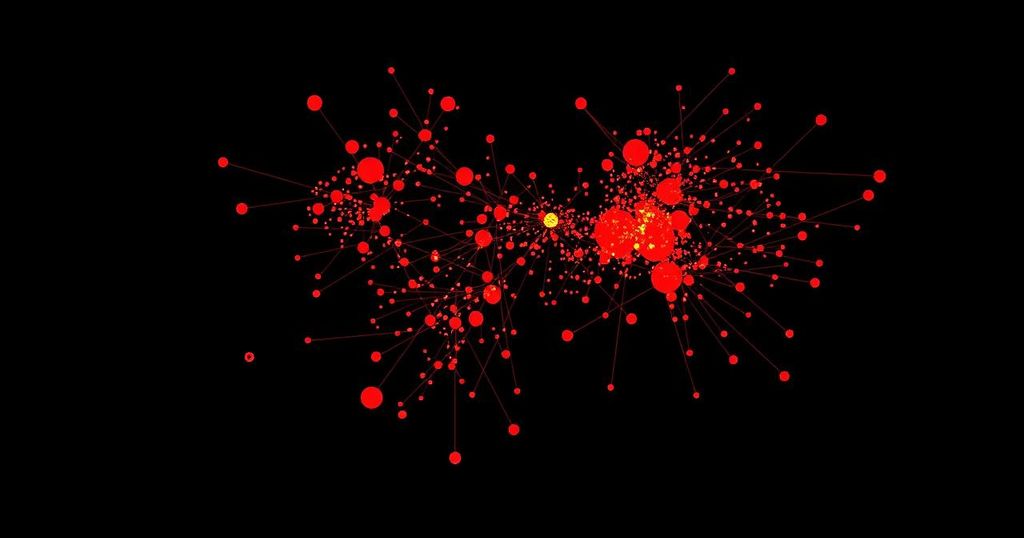Social Media Restrictions in Mozambique Amidst Protests Over Election Results
Social media access has been restricted in Mozambique amidst protests over disputed election results. Following the Oct. 9 elections, where Daniel Chapo was declared the winner, opposition leader Venancio Mondlane called for demonstrations. The unrest has resulted in violence, with reported fatalities, as citizens engage in a weeklong nationwide strike.
In Mozambique, social media access has been severely restricted amid calls for a nationwide strike by opposition leaders following disputed election results. The situation escalated on Thursday, coinciding with the onset of a planned weeklong strike. According to NetBlocks, an international internet monitoring organization based in London, residents have reported a complete inability to access platforms such as Facebook, WhatsApp, and Instagram since the morning of the strike. The unrest follows a temporary internet blackout that occurred a week earlier, subsequent to the announcement of the election results. According to reports, this blackout resulted in significant disruptions to mobile internet connections throughout the country. On October 9, approximately 17 million registered voters participated in the elections aimed at selecting a new president along with members of parliament and provincial governors. Daniel Chapo, the candidate from the ruling Frelimo party, was proclaimed the winner with 71% of the votes, while opposition candidate Venancio Mondlane secured 20%. Following the announcement, Mr. Mondlane initiated calls for protests against the results. According to Human Rights Watch, the aftermath of the elections was marked by violence, with at least 11 individuals reported dead and over 50 injured during the turmoil on October 24 and 25. In anticipation of the strike, local police issued warnings against any acts deemed as “sabotage.”
The current unrest in Mozambique stems from the contentious general elections held on October 9, which were characterized by claims of electoral fraud. The ruling party, Frelimo, has long maintained a stronghold over the country’s political landscape, leading to widespread discontent among opposition factions. The inability of citizens to access social media platforms like Facebook and WhatsApp has raised concerns regarding freedom of expression and the right to protest in the face of governmental control. The protests, rooted in disputed election results, signify the growing tensions within Mozambican society as citizens seek to voice their dissatisfaction with the political process.
In summary, the recent restrictions on social media in Mozambique align with ongoing protests surrounding the disputed outcomes of the general elections held in October. As the nation grapples with post-election violence and heightened tensions, the imposition of communication barriers raises significant concerns regarding human rights and the ability of citizens to organize and express dissent. The situation necessitates close monitoring as the weeklong strike continues and the demands for justice by opposition leaders intensify.
Original Source: www.aa.com.tr




Post Comment